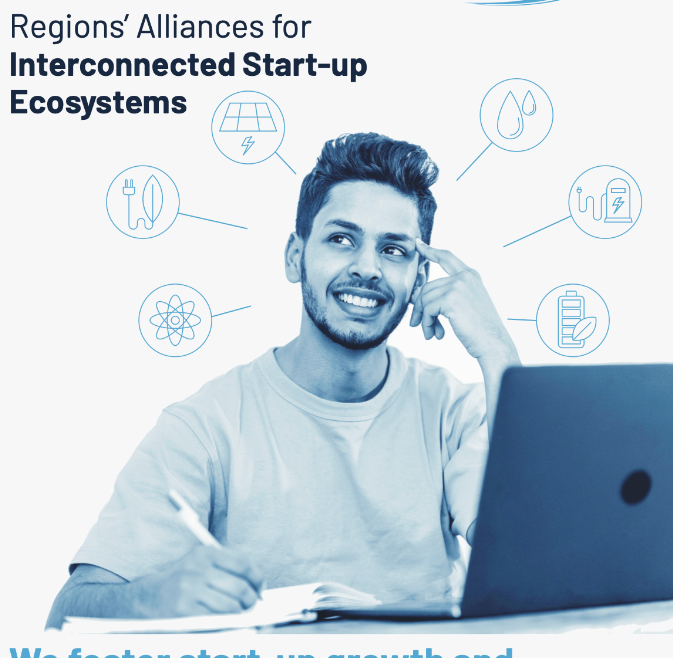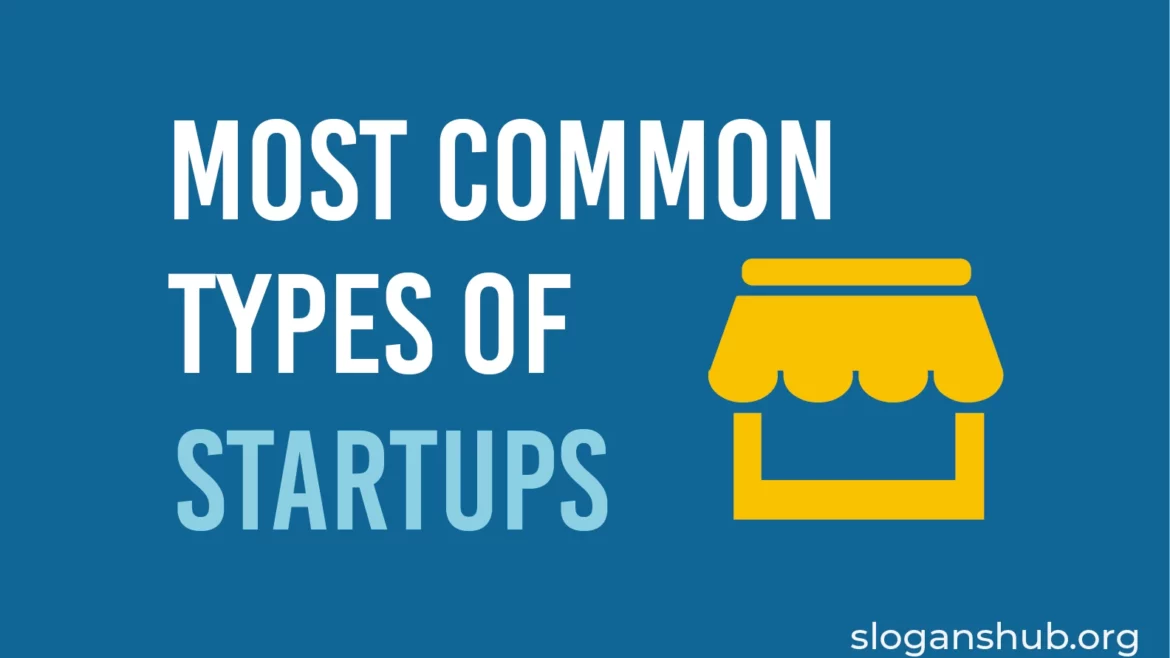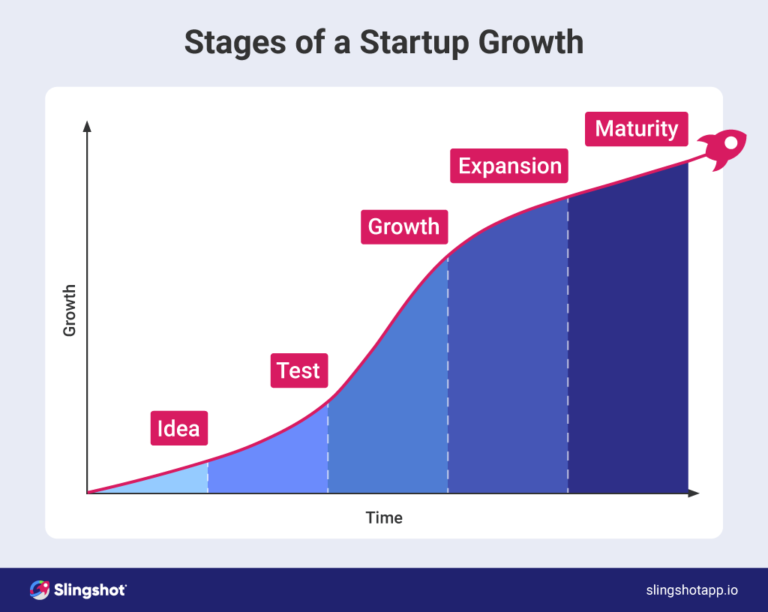RAISE’s Third Newsletter Has Been Released
RAISE’s Third Newsletter Has Been Released https://theraise.eu/wp-content/uploads/2023/09/545.png 673 880 RAISE fosters startup growth and scale-up within and across Europe https://theraise.eu/wp-content/uploads/2023/09/545.pngIn our ever-evolving business landscape, staying informed and connected is key to success. We are thrilled to present our 3rd Newsletter, packed with valuable insights and exciting events focused on startups, entrepreneurship, angel investors, business workshops, and much more. Get ready to dive into the world of innovation and discover the opportunities that lie ahead.
Startup Spotlight
EWRC2023: Transforming European Startup Landscape
The European Week of Regions and Cities 2023 (EWRC2023) promises to be a game-changer for startups across Europe. This event is set to transform the startup landscape by fostering collaboration, innovation, and growth. Join us for this remarkable experience, where you’ll have the chance to connect with like-minded entrepreneurs and investors.
Business Workshops That Empower
Our upcoming business workshops are designed to equip you with the knowledge and skills needed to thrive in the competitive world of startups:
- Lean Canvas (October 18): Learn how to create a Lean Canvas to map out your startup’s business model, identify key metrics, and validate your ideas efficiently.
- Unique Value Proposition (November 6): Discover the secrets of crafting a compelling Unique Value Proposition (UVP) that sets your startup apart in the market.
- Approaching Risk Capital Investors (November 21): Get insights into approaching risk capital investors effectively, from crafting the perfect pitch to building relationships that last.
- Perfecting Your Pitch (December 5): Hone your pitch to perfection and captivate potential investors, partners, and customers.
Startup Coaching Sessions: Business Model Actions
Our Startup Coaching Sessions continue to be a valuable resource for entrepreneurs seeking guidance and mentorship. The Business Model Actions session is designed to help startups:
- Identify and adapt their business model for changing market dynamics.
- Develop strategies to enhance revenue streams.
- Navigate challenges with a proactive approach.
- Foster innovation and sustainable growth.
Angel Investors: Your Gateway to Funding
We understand that securing funding is a critical milestone for startups. In this newsletter, we’re excited to introduce you to a network of angel investors eager to support promising ventures like yours. Explore opportunities to connect, pitch your ideas, and secure the investment you need to bring your startup to new heights.
Stay Informed, Stay Connected
Our 3rd Newsletter is just the beginning of an exciting journey. We are committed to keeping you informed about the latest trends, opportunities, and resources in the world of startups and entrepreneurship. Connect with us, engage with our events, and let’s embark on this journey of growth and innovation together.
As the entrepreneurial landscape continues to evolve, it’s essential to stay ahead of the curve. Our 3rd Newsletter serves as your compass, guiding you through the dynamic world of startups, entrepreneurship, and investment. With transformative events, empowering workshops, and valuable networking opportunities on the horizon, the future is bright for you and your startup. Join us in shaping the future of European entrepreneurship!











